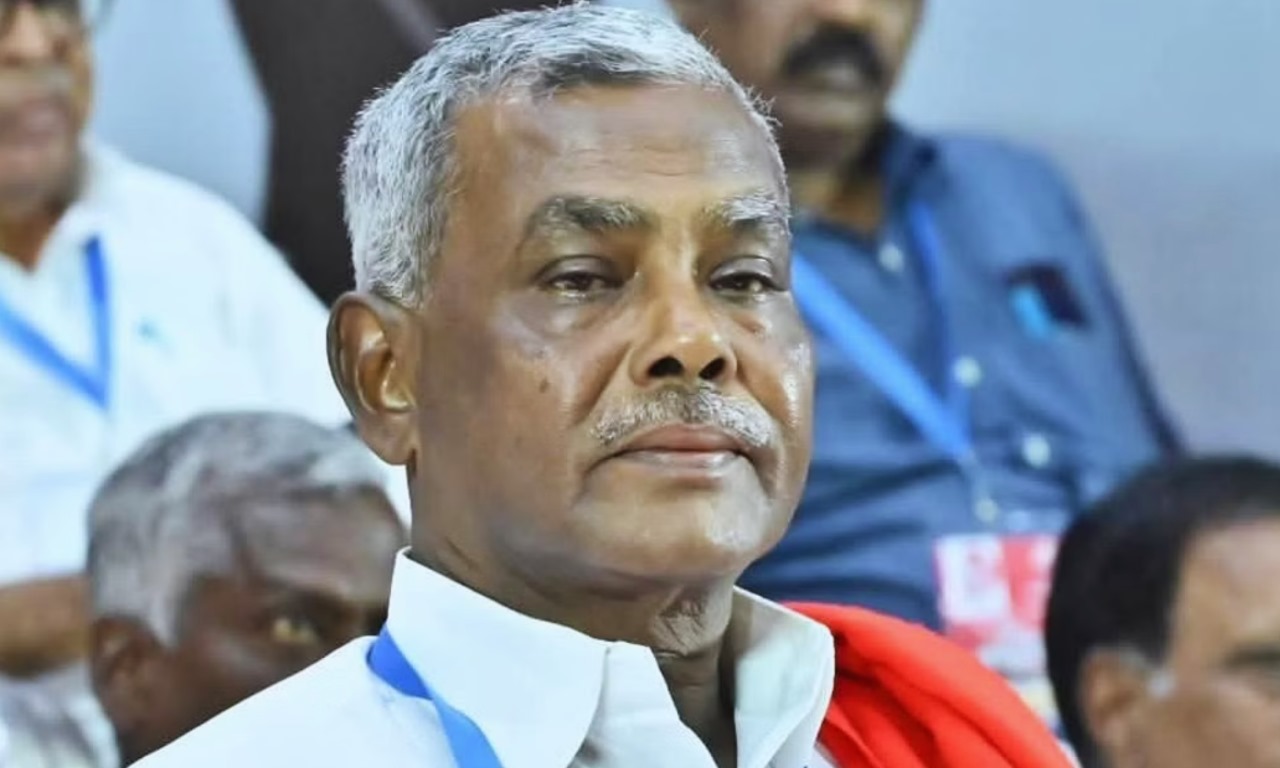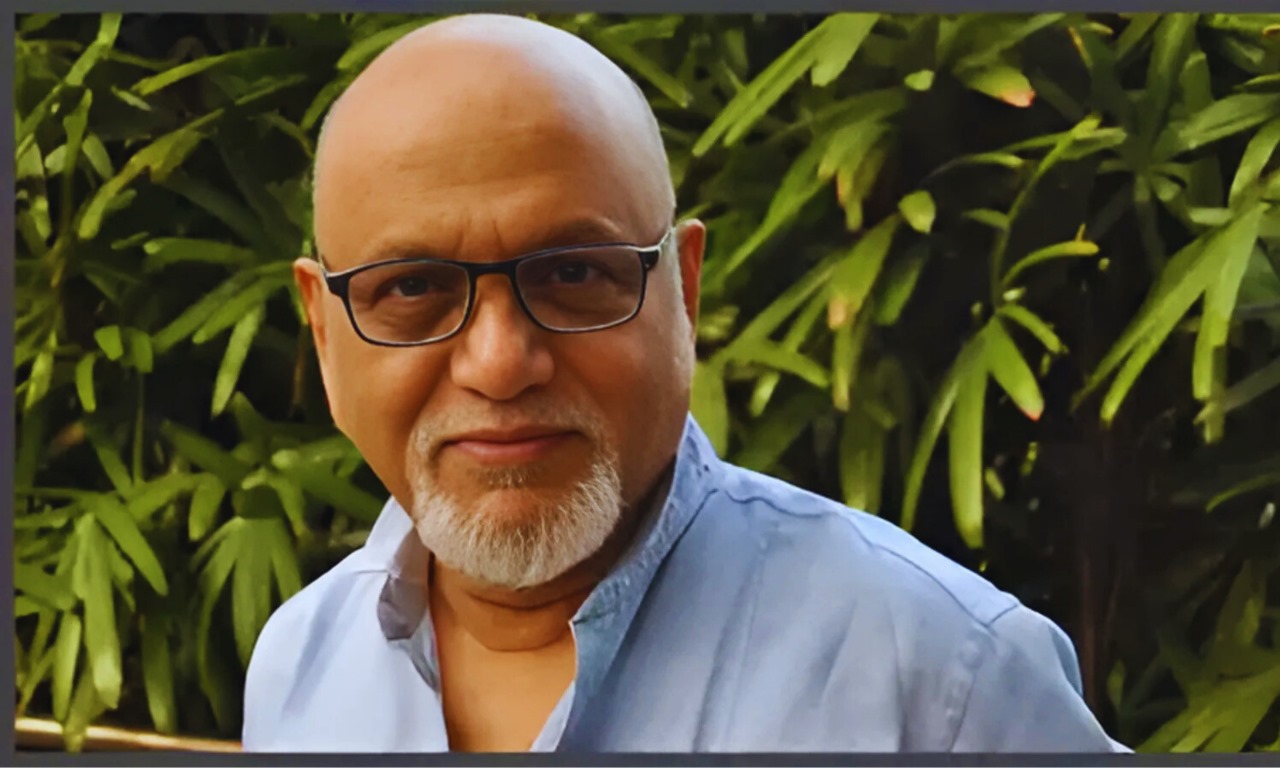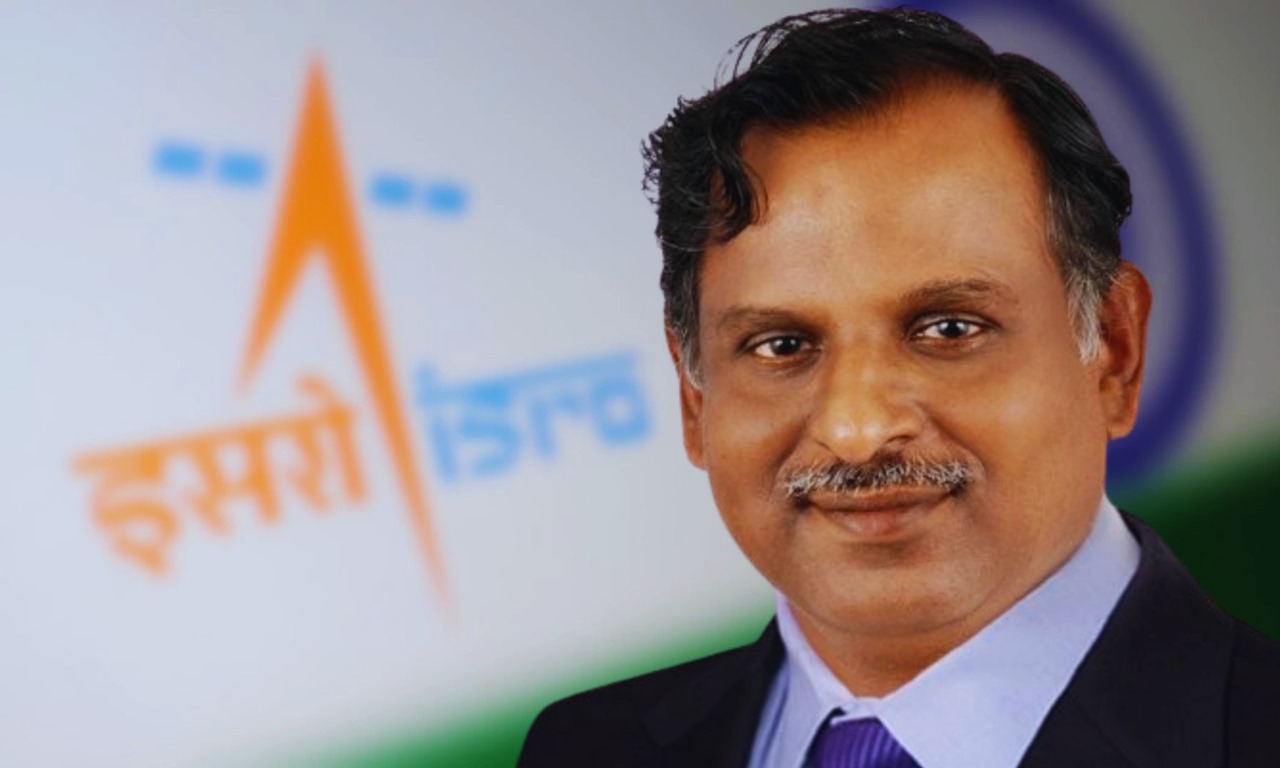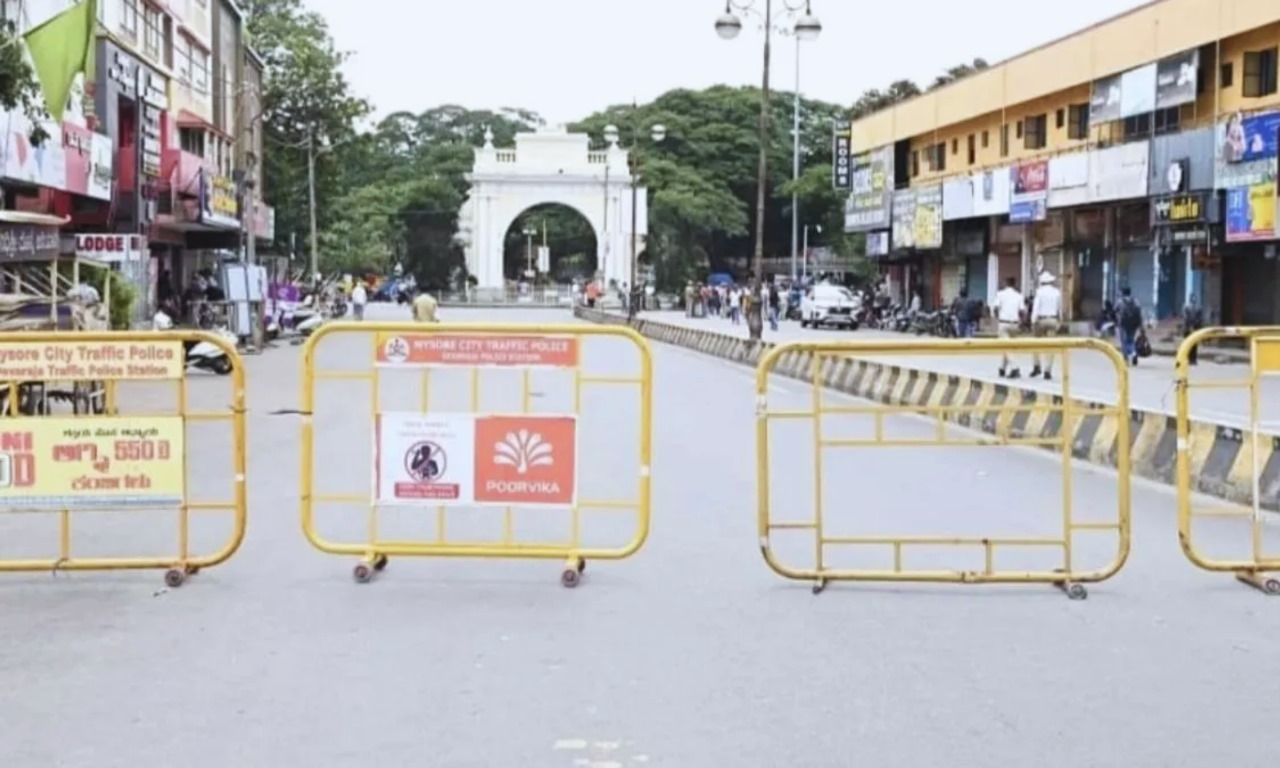Karnataka Poised to Oppose ‘One Nation, One Election,’ Following Kerala’s Lead: CM Siddaramaiah
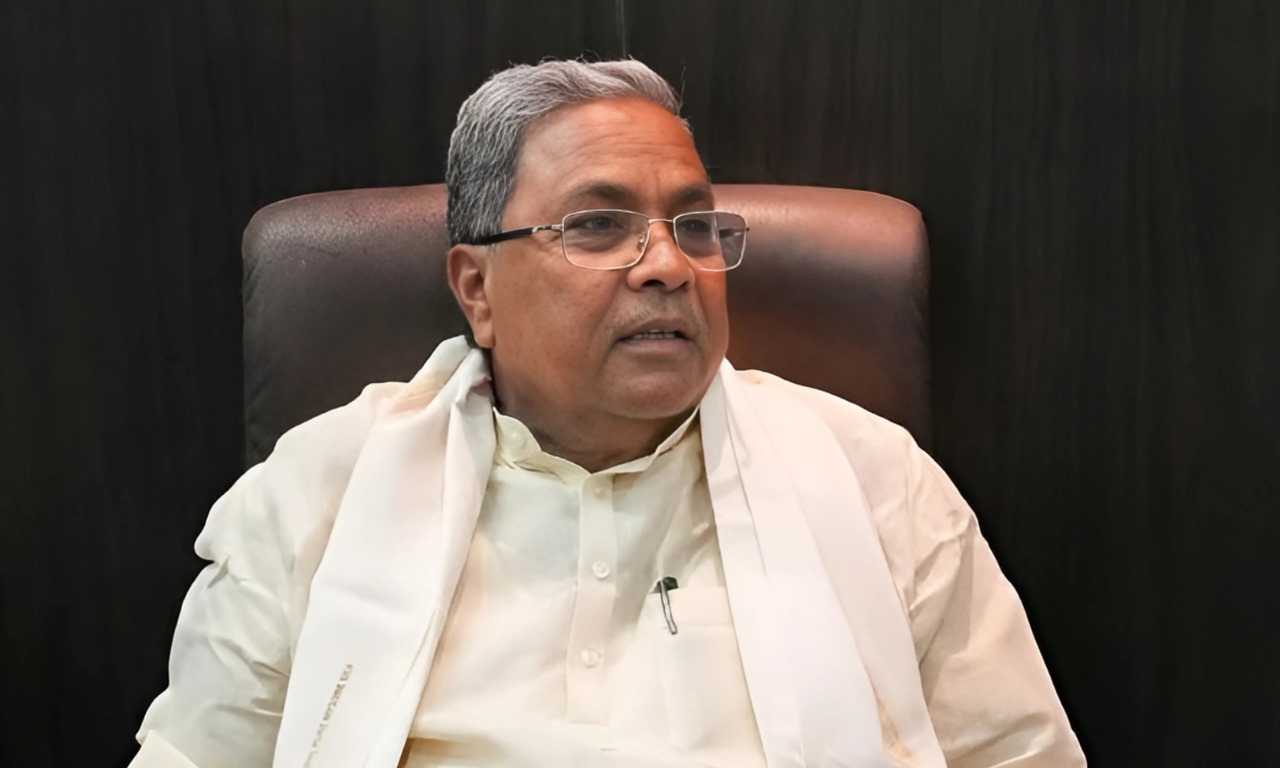
The Karnataka government, led by Chief Minister Siddaramaiah, has voiced strong opposition to the Centre’s ‘One Nation, One Election’ proposal.
The initiative, which aims to synchronize elections for the Lok Sabha and state assemblies, has been described as a threat to democracy and an attempt to undermine the federal structure of India. Similar concerns have been raised by opposition leaders across the country.
Karnataka’s Stance on the Proposal
Chief Minister Siddaramaiah expressed his government’s intent to follow Kerala’s example in passing a resolution opposing the proposal.
“The Kerala government has already passed a resolution opposing the ‘One Nation, One Election’ proposal and has communicated its dissent to the Centre. If needed, our government will also consult the Congress high command and adopt a similar resolution to send a strong message against this anti-democratic move,” Siddaramaiah stated in a post on X.
Highlighting the potential risks of the proposal, Siddaramaiah noted that it disregards scenarios where ruling parties lose their majority in the Lok Sabha or state assemblies.
“In such situations, the only democratic remedy is to conduct fresh elections. Allowing a minority government to continue in power despite losing confidence would be nothing short of treachery against democracy,” he remarked.
Constitutional and Legislative Concerns
Implementing the ‘One Nation, One Election’ plan would require significant amendments to the Constitution and the Representation of the People Act, Siddaramaiah pointed out.
He criticized the proposal as a distraction from the central government’s failures. “The ‘One Nation, One Election’ gimmick is yet another desperate attempt by the Modi government to divert attention from its colossal failures.
This is not about electoral reforms but about consolidating power and undermining the democratic spirit of our nation,” he said.
Siddaramaiah further described the bill as a “sinister conspiracy” aimed at curbing state rights and reinforcing authoritarian tendencies.
He argued that the Modi government should have sought consultations with opposition parties and state governments before approving such a critical bill.
Opposition Voices United
The Union Cabinet’s approval of the bill during the winter session of Parliament drew sharp criticism from opposition leaders, including Mamata Banerjee, Arvind Kejriwal, and others.
Mamata Banerjee’s Reaction
West Bengal Chief Minister and TMC leader Mamata Banerjee criticized the move as an “authoritarian imposition.” In a post on X, she said, “The Union Cabinet has bulldozed their way through with the unconstitutional and anti-federal One Nation, One Election Bill, ignoring every legitimate concern raised by experts and opposition leaders. This is not a carefully considered reform; it’s an authoritarian imposition designed to undermine India’s democracy and federal structure.”
Siddaramaiah’s Perspective
Karnataka Chief Minister Siddaramaiah reiterated his stance, calling the proposal an assault on India’s parliamentary democracy and federal structure. He labeled the bill a calculated effort to diminish the autonomy of states.
Arvind Kejriwal’s Criticism
Aam Aadmi Party (AAP) National Convenor Arvind Kejriwal also criticized the Centre’s priorities, calling for reforms in healthcare and education instead.
“The country needs one nation, one education… one nation, one healthcare system…not… one nation, one election… BJP’s misplaced priorities,” he stated in a post on X.
Federalism and Democratic Values at Stake
The opposition’s united stance highlights concerns about the potential impact of the ‘One Nation, One Election’ proposal on India’s democratic framework.
Critics argue that the bill undermines the principle of federalism, a cornerstone of India’s political structure, by centralizing electoral processes and decision-making.
The proposal has sparked a national debate, with many questioning its feasibility, constitutional validity, and broader implications for the democratic rights of states.
As the conversation unfolds, it remains to be seen how this contentious initiative will shape India’s political landscape.



